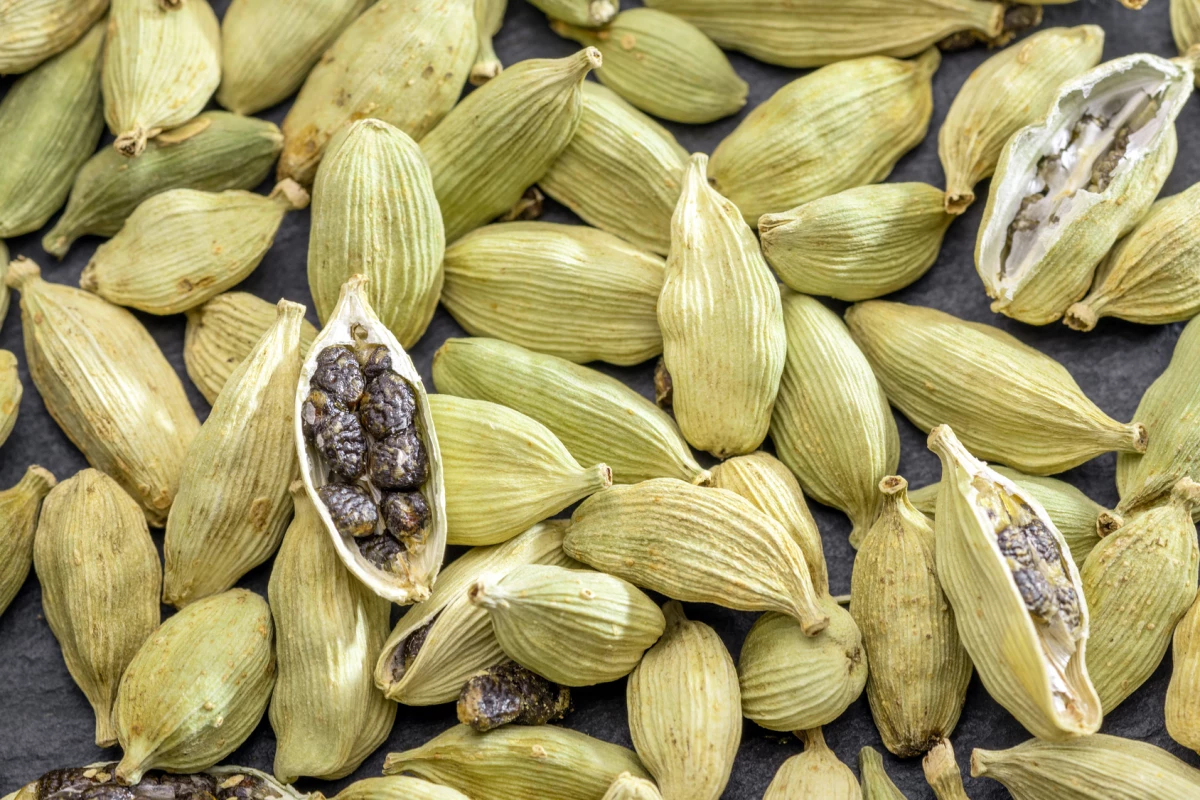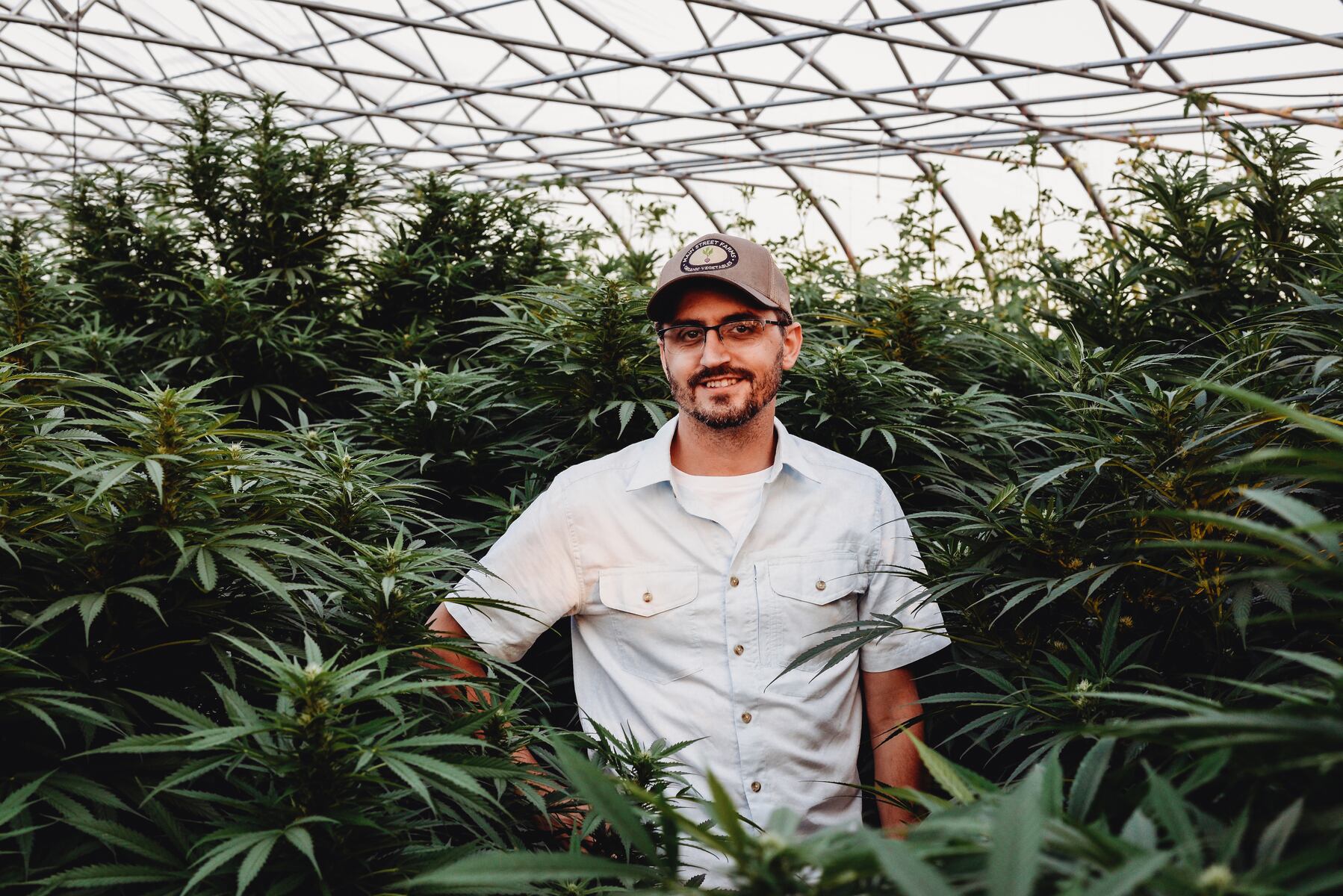Researchers at Shinshu University in Japan have discovered that compounds found in cardamom seeds may enhance the body’s antiviral defenses, potentially leading to new treatments for cold and flu. The study highlights the role of type I interferons (IFNs), proteins that act as the body’s first line of defense against viral infections, including influenza.
The research team investigated a hot-water extract of cardamom seeds, known as cardamom seed water extract (CSWE), to assess its ability to stimulate the production of type I IFNs. According to Takeshi Kawahara, an Associate Professor at the university’s School of Science and Technology, the pandemic has intensified interest in the antiviral properties of food, leading to increased research opportunities.
Mechanisms of Action Uncovered
Using human lung epithelial cells, which are crucial for respiratory defense, the researchers treated the cells with CSWE and its major component, 1,8-cineole. This compound has recognized anti-inflammatory and antimicrobial properties. The team exposed the treated cells to agents that mimic viral DNA and RNA, simulating a viral infection. The results revealed that CSWE significantly increased levels of IFN-⍺ and IFN-β, vital molecules that help regulate the immune response.
This enhancement of IFN production indicates that CSWE activates multiple immune pathways, suggesting it could provide protection against various viral infections. Notably, both the extract and 1,8-cineole elevated IFN and interferon-stimulated gene (ISG) levels in a dose-dependent manner, indicating a potential for strengthening the immune response even without the presence of a simulated infection.
Potential Benefits and Limitations
The extract operates through the STING pathway, a natural virus detection system within cells, while 1,8-cineole enhances IFN levels by inhibiting a gene that typically dampens immune responses. Importantly, the study found that CSWE did not trigger pathways associated with inflammation or tissue damage, suggesting it could bolster antiviral defenses without adverse effects.
Despite these promising findings, the study does have limitations. All experiments were conducted using lab-grown cells rather than in living organisms, and the concentrations of cardamom used in the study may far exceed what can be achieved through typical dietary consumption. Additionally, the research was funded by S&B Foods Inc., which provided the cardamom used in the experiments.
If future studies confirm these initial findings in human trials, cardamom extract or 1,8-cineole may be developed as a natural immune booster, potentially complementing existing vaccines and antiviral treatments. Kawahara remarked, “Based on these findings, it is expected that it can be utilized as an antiviral material to prevent a wide range of viral infections.”
The study was published in the journal Foods, contributing to the growing body of research on the antiviral properties of various food ingredients. While the prospect of cardamom as a natural antiviral agent is intriguing, it is essential to note that this research is preliminary and not a substitute for vaccines or antiviral medications.







